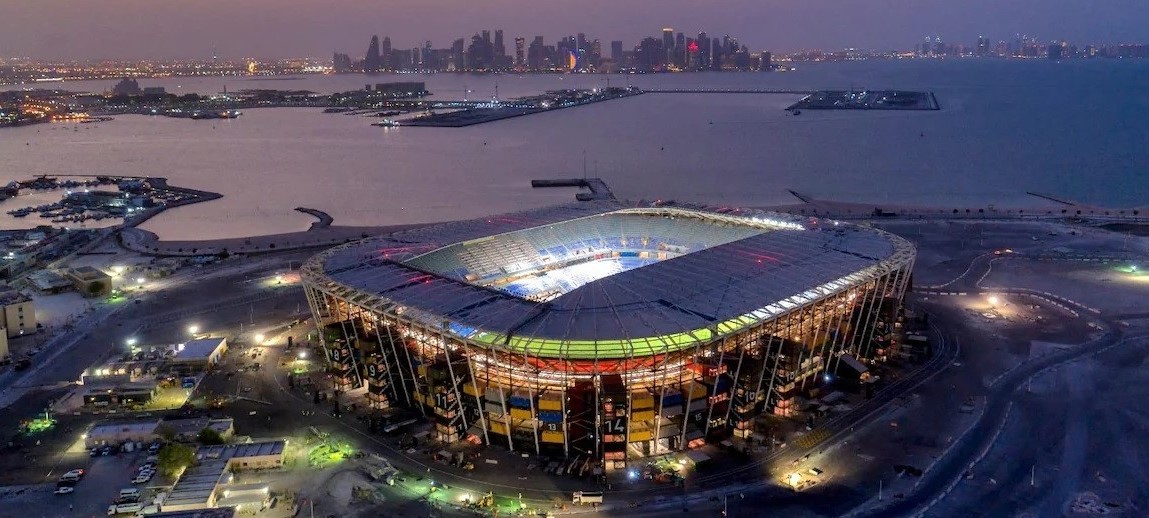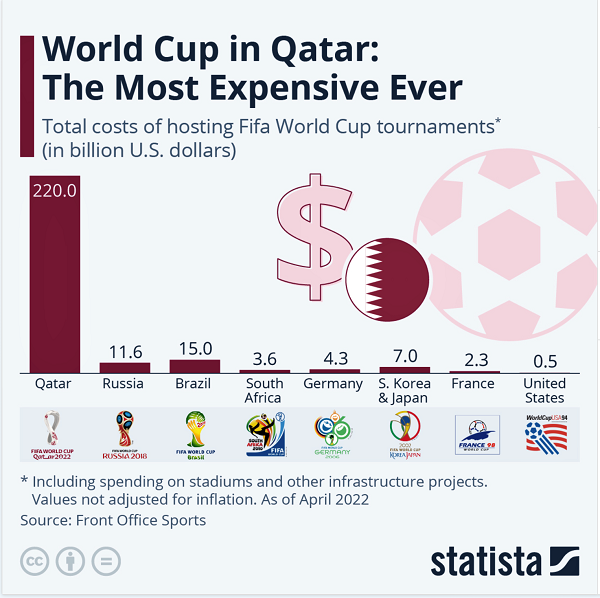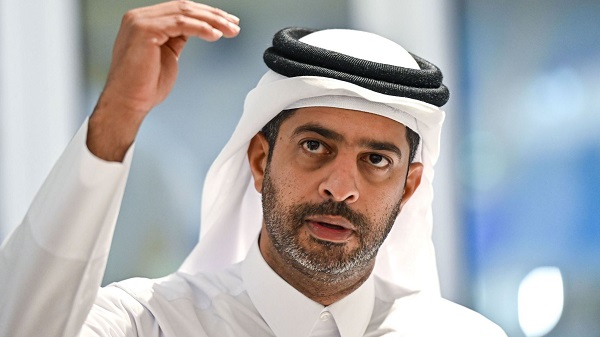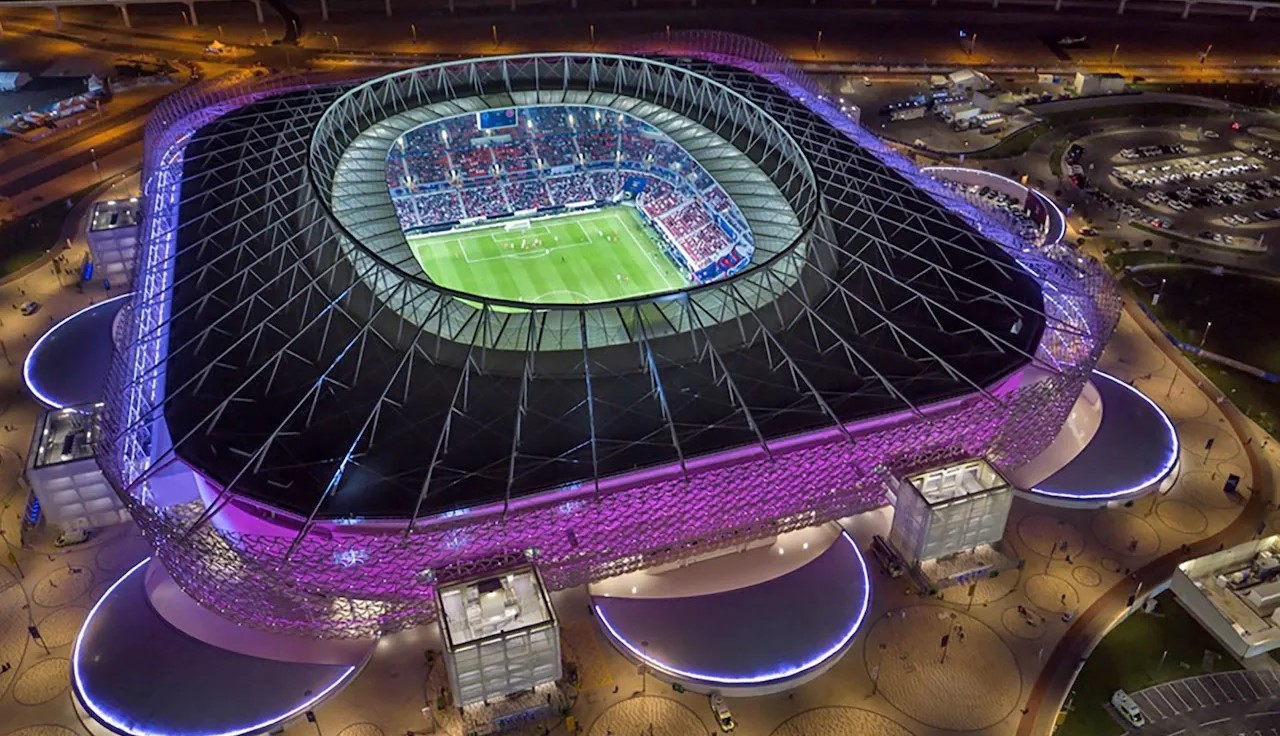
2022 FIFA World Cup driving Qatar’s sports dreams
FIFA World Cup hosts Qatar is rich and can afford to dream big. The small Gulf state has ambitions to become a big player in the Arabian Peninsula and sport has become the best vehicle to drive that dream.
Since 2010 when the country won the bid to host the 2022 FIFA World Cup, Qatar has been on a long, expensive journey to realise the dream of bringing football’s biggest global gathering to the Middle East.
Next month, when the Qatari national team plays Ecuador in the opening match of the World Cup, it would be the fulfilment of, perhaps, the most audacious move by a country that had never qualified for the competition and with little pedigree in the sport but still beat off rival bids from the United States of America (USA), Australia, South Korea and Japan.
Qatar has spared no expense in putting the country of fewer than two million people in the spotlight for the last few years. The upcoming tournament is reputed to be the most expensive in World Cup history and one that raises the bar so high that very few can match that kind of expenditure to host future World Cup tournaments.

Both FIFA and Qatar’s Supreme Committee for Delivery and Legacy want the November 20 to December 18 tournament to be a World Cup like no other. It will be a compact competition, which allows fans to watch two different matches on the same day, thanks to the relatively close distance between venues.
Huge expenditure
It has been estimated that Qatar has spent over $200 billion to stage the competition — far more than the total cost of hosting the last five tournaments. However, Qatari officials have offered various figures for the cost of the stadia and the cost of the country’s infrastructure development in the years leading to the tournament.
The cost of building seven ultra-modern stadiums and massively renovating another has been estimated to be in the range of $6.5 billion to $10 billion — a significant increase from the proposed $4 billion in the initial bid.
The previous highest budget was the $15 billion spent by Brazil on the 2014 World Cup, while South Africa coughed out $3.6 billion four years earlier to take the competition to Africa for the first time.
At a recent media briefing, the Chief Executive Officer (CEO) of the 2022 FIFA World Cup, Nasser Al-Khater, failed to give the entire cost of hosting the competition but insisted that the upcoming tournament was in line with the cost of the last three World Cup tournaments. This includes the cost of infrastructure not directly linked to the World Cup — part of a broader Qatar 2030 project to build an innovation hub with hotels, sophisticated underground transportation, airports and sporting infrastructure.
“Qatar is using the World Cup as a catalyst for infrastructural development,” he said.
Economic boost
Although the Qatari government has projected a $20 billion economic boost from hosting the world’s most prestigious football tournament, much of which will be a spinoff from the competition and not necessarily through direct spending by the estimated one million visitors during the World Cup.
With rival city Dubai becoming a tourism haven, the Qatari government wants to use the World Cup to project the country as a modern, culturally diverse, business-friendly and also a destination for sports tourism.

Nasser Al-Khater says Qatar is using the FIFA World Cup as a catalyst for infrastructural development
Mr Al-Khater further unveiled a grandiose long-term ambition to host the world’s biggest multi-sport event, with the 2022 World Cup and other future events preparing the ground to launch their ambitious Olympic dream — also the first in the Arab world.
“We plan to host the 2030 Asian Games, we are bidding for the 2023 AFC Asian Cup tournament, and we have plans for the Olympic Games in the years to come,” he revealed on the eve of the Lusail Super Cup match at the Lusail Stadium on September 8.
Olympic Games target
Qatar’s ambition to be a big player in world sports has taken close to two decades to materialise. In 2004, the iconic Aspire Academy, estimated to cost $1 billion, was opened in Doha to serve as a hub for talent development with world-class facilities for high-performance sports, as well as an advanced centre for sports medicine where some of the world’s top athletes recuperate from injuries.

The rich Gulf state has plans to host the Olympic Games in future
Since then, Qatar has hosted more than 600 regional and international athletic events over the past decade and these competitions, in particular, have helped the country to prepare for the FIFA World Cup.
It also made its presence felt in European football. Qatar Airways paid $163 million to sponsor FC Barcelona’s kit in 2010, and direct investments in Paris Saint-Germain through the Qatari Travel Authority totalled over $1.08 billion.
